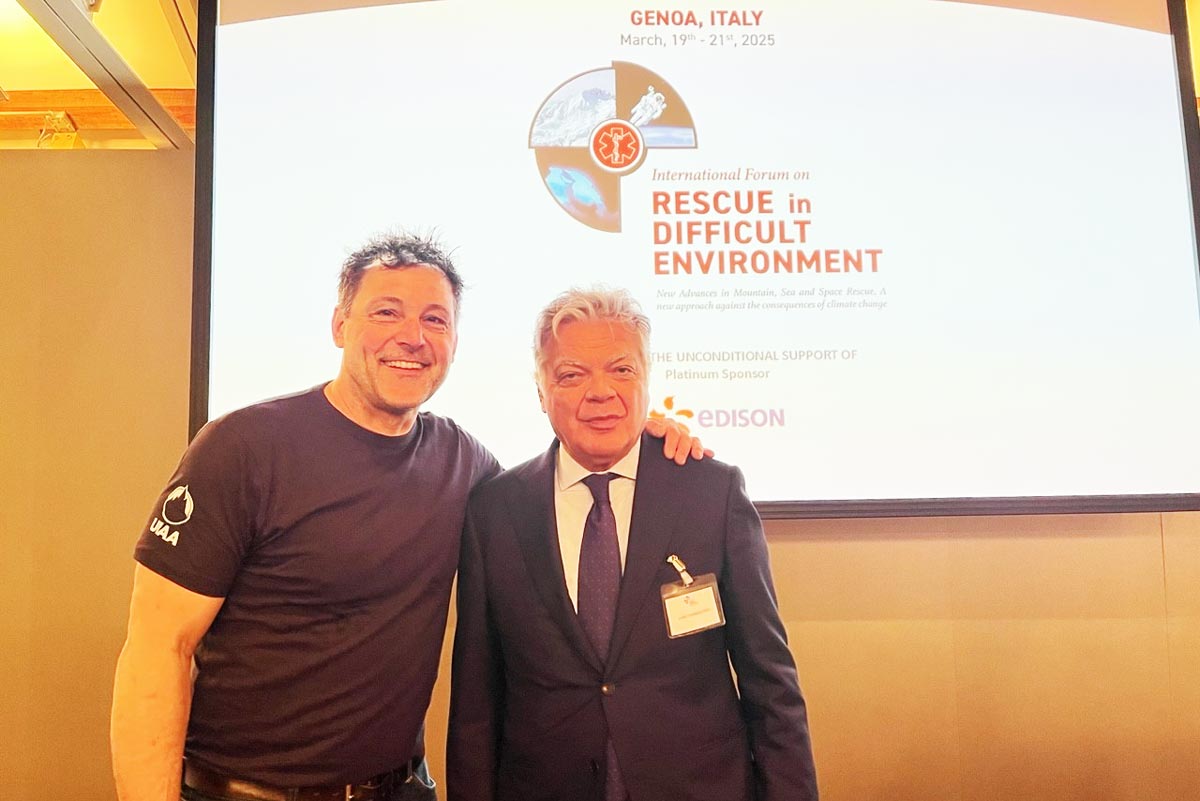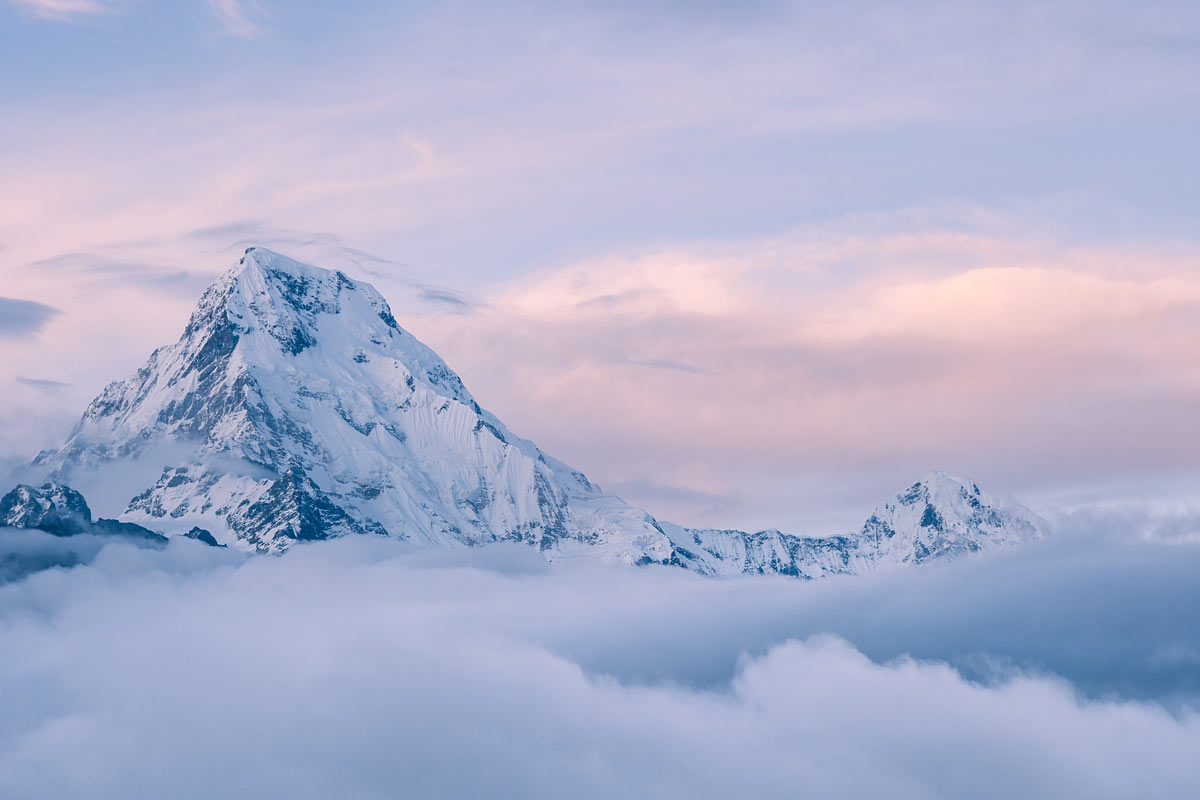What is the risk of blood-borne infections being transmitted to climbers? The UIAA Medical Commission attempts to answer this vital question in its latest advice paper.
“Sustaining cuts, abrasions or lacerations, typically on the fingertips in contact with holds, is a common occurrence in climbing,” say the medical experts in the document, the most recent recommendations document to be published on the UIAA website.
The Medical Commission reminds climbers of the seriousness of blood-borne infections, with millions of people suffering from HIV, and hundreds of millions with either hepatitis B or C.
“In spite of antiviral treatments presently available for HCV and HBV, acute or chronically affected individuals are often left untreated as they are asymptomatic until liver disease morbidity and mortally occur after 10 to 20 years. Once symptoms develop, antiviral drugs can only slow down the damage done, not reverse it.”
The medical experts warn that “the transmission risk of HBV is known to be high among athletes in contact or collision sports, injecting drug users, those who live or visit endemic regions, and those giving first aid without appropriate protection. The number of blood borne infections transmitted is postulated to increase among athletes.”
Proper treatment
Among the recommendations provided by the Medical Commission is the proper handling of participants with active bleeding: “ (They) should be removed from the event as soon as this is practical. Bleeding must be controlled and the wound cleansed with soap and water or antiseptic. Climbing holds with blood stains need to be cleaned and brushed, if necessary with antiseptic or disinfectant. They need to dry out before re-use.”
Italian, Portuguese documents
Also added to the comprehensive list of recommendation papers that can be downloaded from the Commission’s page are translations into Italian and Portuguese of the document on “women going to altitude”. There is also an Italian version of “people with pre-existing conditions going to the mountains” and “the effect of extremes of temperature on drugs”. Portuguese readers can also take a look at “children at altitude.
Many of the English-language documents have already been translated into German and Japanese. All of the texts provide essential tips on issues of importance to mountaineers or anyone going to high altitude.
The UIAA Medical Commission is a global forum of doctors who meet regularly to up date information on medical issues related to the mountains.


